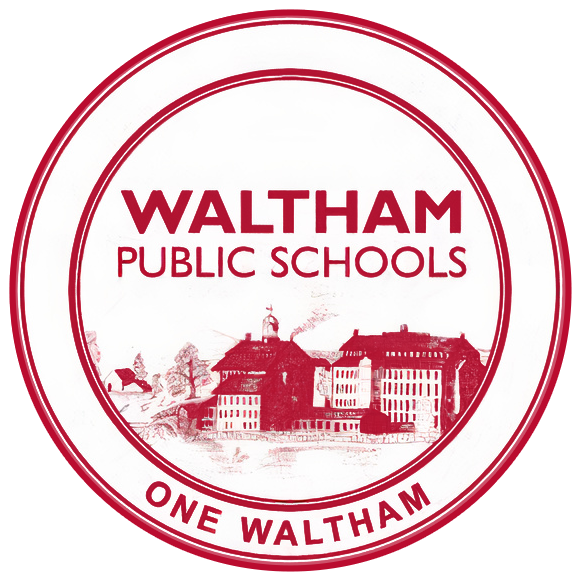Unit | Timeframe | Essential Questions | Major Learning Experiences |
|---|
Absolute power, political revolutions, and the growth of nation-states, c. 1700–1900 | September - October | What is the purpose(s) and responsibility(ies) of government? What is the best form(s) of government? What are the rights and responsibilities of citizens in a nation state (country)? What is ‘revolution’? How do we measure the success of a ‘revolution’?
| Students will: Explore historical philosophies of government and examples from world history Discuss absolutism and the consolidation of political power Analyze the political, social, economic and intellectual causes of revolutions
Assessments include: |
The Agricultural and Industrial Revolutions and their consequences c.1750–1900 | November | What economic system(s) is best? What are the advantages/disadvantages of various economic systems? How does technological change influence people's lives? Society as a whole? Is progress at the price of human suffering justified? To what extent have the concepts of justice and human rights differ across time and place?
| Students will: Analyze the economic, political, social and technological factors that led to the Agricultural and Industrial revolutions. Evaluate the economic and social impact(s) of the Agricultural and Industrial revolutions.
Assessments include: |
The global effects of 19th century imperialism | December - January | How does the individual impact world events? How can a single person change history? What factors drive imperialism? Why do countries try to rule/control/influence other countries? What are immediate and long term effects of imperialism on those nations that practice it and those that are subjugated?
| Students will: Describe the causes of 19th century European global imperialism Analyze the impact(s) of imperialism upon Asia, Africa and Latin America Evaluate the cultural impact of imperialist encounters and trade upon people of Western nations
Assessments include: |
The Great Wars 1914 - 1945 | February - March | When is war justified? What factors cause conflict? How and why do nations decide to go to war? To what extent should or can a nation limit civil liberties in times of war? How are propaganda and rhetoric used during times of war? How does the nature and purpose of truth change in wartime?
| Students will: Analyze the factors that contributed to the coming of World War I and World War II Explain the factors that led to economic collapse between the wars and the conditions that allowed for the rise of fascist and totalitarian regimes. Evaluate the political, economic, social, cultural and human impact(s) (including genocides) of World War I and World War II
Assessments include: |
Cold War Era 1945–1991 | March - April | How and why do nations try to spread their ideals? What factors contribute to the downfall of regimes, governments or economic systems? What responsibilitie(s) do people and nations have to respond to genocide/ethnic cleansing/inhumane treatment of citizens in various nations?
| Students will: Identify the competing worldviews of the US and USSR at the conclusion of WWII and explain the consequences of this division. Research key military and political developments of the Cold War Era and evaluate their impact. Analyze the causes for the decline of the Soviet Union and evaluate the impact of its dissolution.
Assessments include: |
The Era of globalization 1991–present | May - June | How can events in one nation or region impact the global community? How have technological innovations positively/ negatively impacted the global community? What is the impact of globalization on the modern world?
| Students will: Analyze the reasons for globalization and explain its consequences for workers around the world. Trace the rise in political and economic power of China and its increasingly critical role in global affairs. Evaluate the effectiveness of international efforts to address global issues.
Assessments include: |
